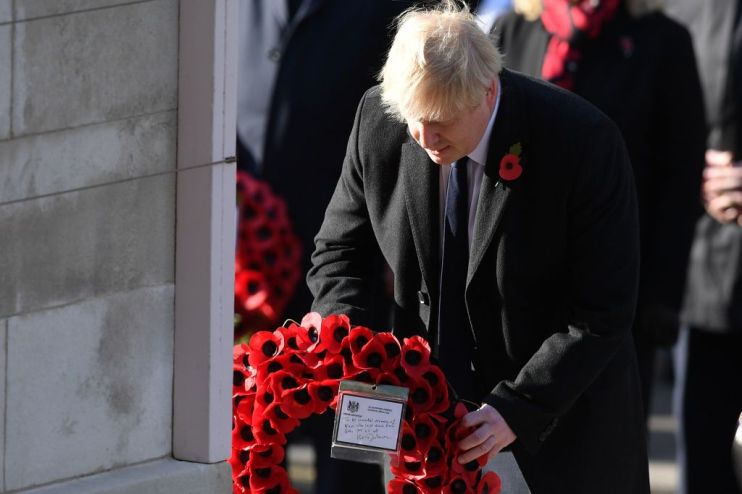BBC election coverage draws 10,000 complaints in two weeks

The BBC received more than 10,000 complaints of bias in its political coverage in a single fortnight as the General Election campaign ramped up, new figures show.
The broadcaster received at least 10,209 complaints related to political coverage between 11 and 24 November, according to its latest complaints log.
Read more: General election 2019: Council taxes likely to rise more under Tories, says IFS
The log only includes programmes that received more than 100 complaints. The BBC received a total of 24,435 complaints during the two weeks to 24 November, an increase of over 70 per cent on the 14,320 received in the previous fortnight.
Of the total political complaints, the BBC received slightly more complaints alleging anti-Conservative bias (54 per cent) than anti-Labour bias (46 per cent).
Complaints alleging anti-Labour bias include 133 people who accused the broadcast of bias against both Labour and Brexit in an episode of Question Time on 21 November.
The most complained about programme during the period was the Question Time Leaders Special on 22 November, which attracted 4,417 complaints that the programme was biased in favour of Labour, as well as about the composition of the audience.
BBC News’ use of an edited clip of Boris Johnson from the same programme with audience laughter removed attracted 2,494 complaints of bias in favour of the Tories.
During the Question Time special some members of the audience could be heard laughing after Johnson was asked if he thought the “truth matters”, but the later video used by BBC News did not include the laughter.
The BBC later apologised for the edit, describing it as a “mistake” but insisting it was not intended to mislead viewers.
The broadcaster received more than 2,000 complaints alleging pro-Tory bias over its use of an out-of-date clip of Boris Johnson laying a wreath at a Remembrance Sunday service.
Read more: General Election: Conservative lead narrows in new polling
A clip from 2016 of Johnson placing a wreath was used instead of one from this year’s service, during which Johnson placed his wreath the wrong way up. The BBC apologised for the error and said it was a “production mistake”.
In total, more than 100 complaints were received about three programmes over anti-Labour or pro-Conservative bias, while six programmes attracted complaints of anti-Conservative bias.
“As the UK’s most-watched news broadcaster, it is normal for the BBC to see a significant rise in contacts from audiences – from all sides of the political spectrum – during an election period,” said a spokesperson for the corporation.
“Our approach to reporting elections is guided by our independence and impartiality and the BBC remains the UK’s most trusted news source”.